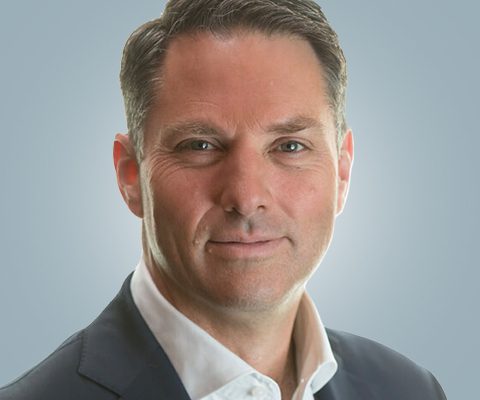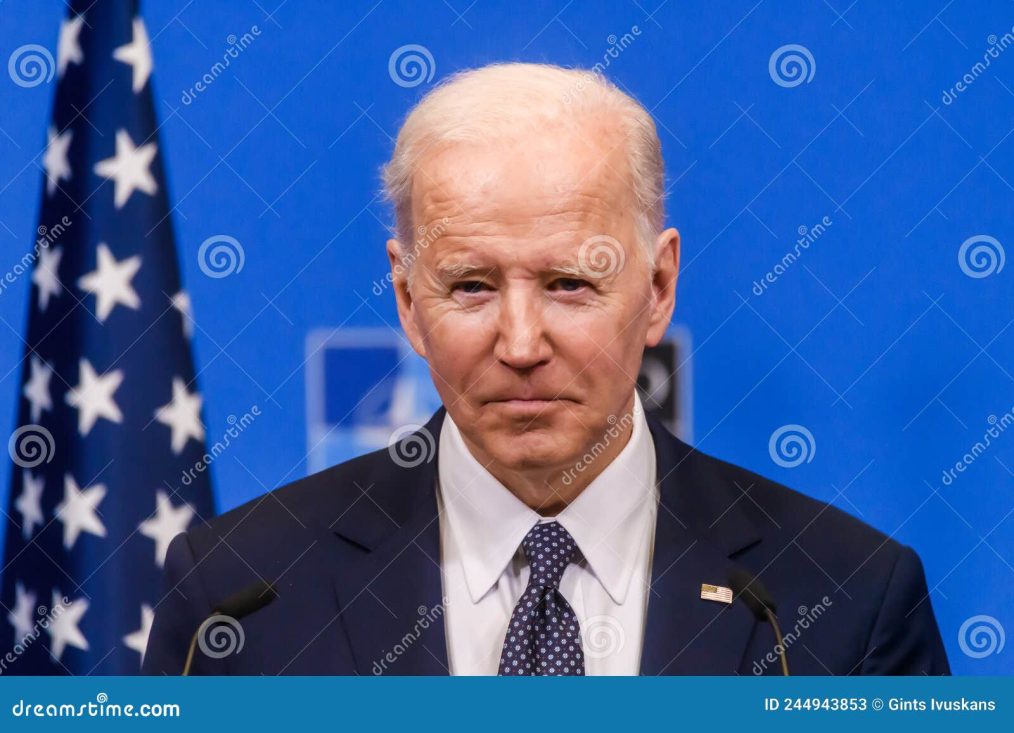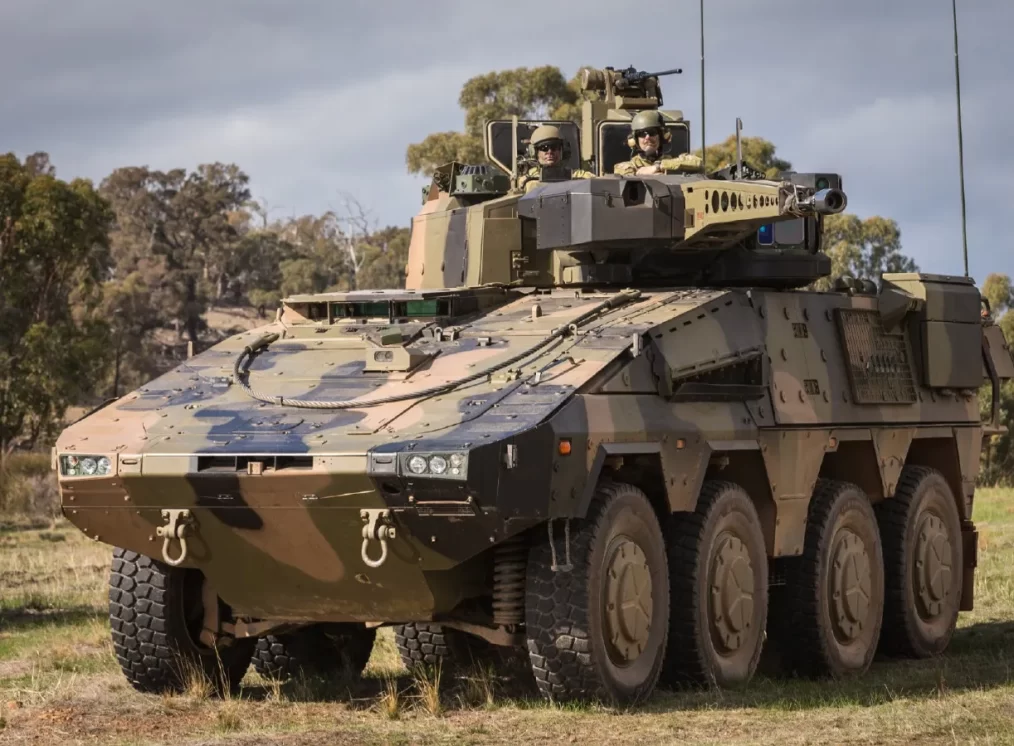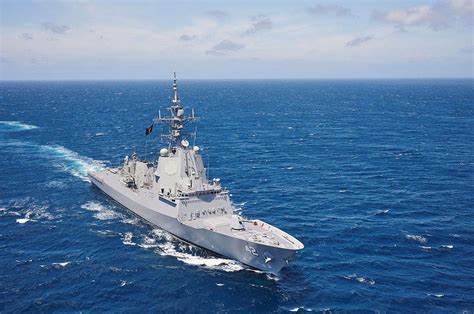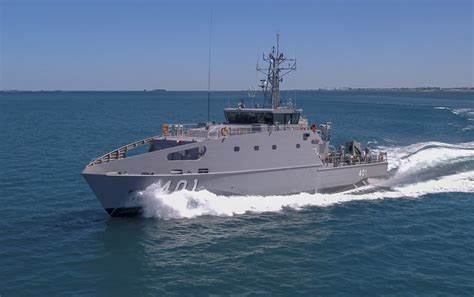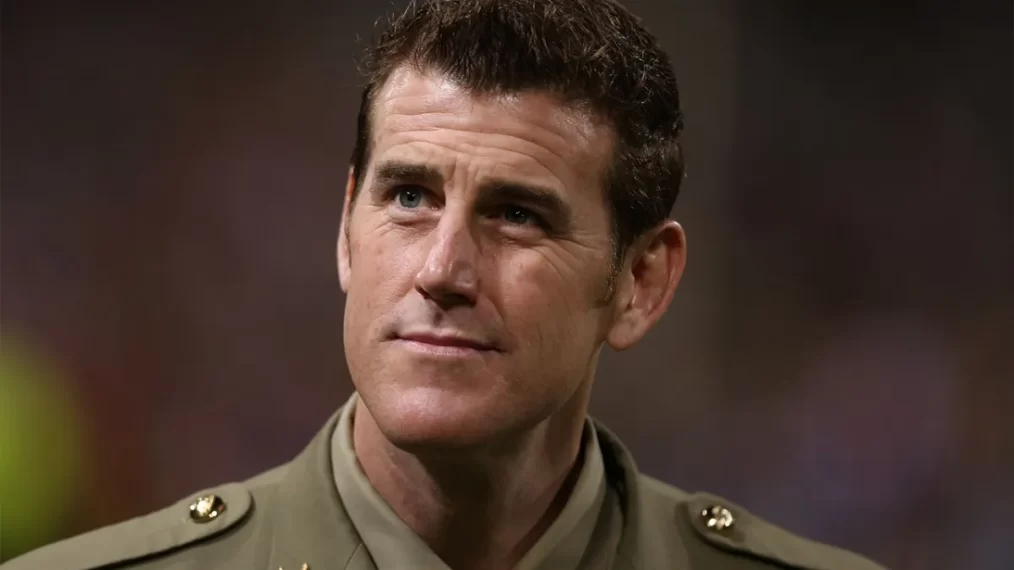By Richard Barry OAM
Since 1996 I have been lobbying successive governments to have a large cohort of Vietnam veterans fully recognised for their valiant and lawful service. Over the years I succeeded in securing support letters from several ex-Prime Ministers, ex-Deputy Prime Ministers, former Governor-General, retired senior Vietnam veterans (all have the RVCM some with two tours), several ex-servicemen’s associations including branches of the RSL plus the Vietnam Veterans Federation of Australia and the National Servicemen’s Association of Australia, Vietnamese Community and Vietnamese veterans (ARVN & Rangers) plus politicians from all sides of parliament – the full list fills twelve A4 typed pages. Yes, there have been a few naysayers but to be fair they have not read my appeal submission containing undisputed facts. They are in the minority, and I’ll never be able to convince them otherwise.
My campaign was on the way for approval when the then Coalition Minister for Veterans’ Affairs gave it a green tick for the then Minister for Defence to take it to Cabinet. Many senior Labor shadow ministers wrote letters to the government saying, “get it done”. Unfortunately, the May 2022 election intervened and I had to start all over again. In October 2023 the Minister for Veterans’ Affairs decided NOT to make a decision because he felt it was unlawful for him to do so.
The campaign continues. In the meantime, I happened across a recommendation made by Honours and Awards in 2022 regarding a fresh interpretation of the eligibility criteria for the RVCM. The Tribunal submitted the recommendation to the Minister who in turn refused to approve it but was subsequently overruled by the Australian Government Solicitor. To my mind this was an opportunity too good to ignore.
I am writing a tome about this saga which is now in excess of 1,200 pages and almost ready to self-publish. Over the years at my request, I have received in excess of 200 testimonials from Vietnam veterans and their families – some are horrendous to say the least. So, because I had their email addresses I alerted them to the Tribunal decision. These men had served more than 60 but less than 181 days in South Vietnam. Through no fault of their own many were sent home having completed their national service obligations or were sent home suffering from accidents and/or terrible diseases. None had been ‘thanked’ by the former Vietnamese government by way of the RVCM.
Since November 2023 I have assisted 65 Vietnam veterans lodge their applications for the RVCM and so far, 18 have received the medal in the mail. I am helping 15 widows and children as well because many veterans have since passed away. The children and/or grandchildren want to march on Anzac Day proudly wearing the full complement of their hero’s medals. Who could blame them? The most encouraging aspect of my campaign is the huge number of veterans, who have the RVCM, being so supportive. That gives me heart to push forward.
Many of these men have been called “short-timers” or “second-class veterans” by their comrades and because of this irresponsible name calling have refused to march on Anzac Day. This should not be happening in 2024. There are no ‘diplomatic sensitivities’ because the Vietnamese government ceased to exist in 1975 and our government has since approved the issue and wearing of foreign (Vietnamese) awards like the recent Republic of Vietnam Unit Citation. There is minimal cost involved and no avenues for compensation will arise.
So, if you or the families of the deceased would like to pursue this matter, I invite you to contact me anytime (richyvon47@hotmail.com) and I will assist you with the very easy application process. All this work is done on a voluntary basis and I have been awarded the RVCM.
There is much more I can add to this campaign, but I realise space is limited. I am more than happy to answer questions especially those who, for one reason or another, don’t want these men (and their families) fully recognised for their contribution to the war especially those who were compulsorily conscripted under the threat of two-years jail if they failed to register. The mandatory time in country is of no consequence because I have a list of those who perished in the first few weeks of stepping on foreign soil. I sincerely thank those veterans who endured twelve months and without equivocation have fully supported my campaign.

